Spine surgery is traditionally done as “open surgery,” meaning the area being operated on is opened with a long incision to allow the surgeon to view and access the anatomy. In recent years, however, technological advances have allowed more back and neck conditions to be treated with a minimally invasive surgical technique.
Because minimally invasive spine surgery (MISS), does not involve a long incision, it avoids significant damage to the muscles surrounding the spine. In most cases, this results in less pain after surgery and a faster recovery.
Spine surgery is typically recommended only when a period of nonsurgical treatment — such as medications and physical therapy — has not relieved the painful symptoms caused by your back problem. In addition, surgery is only considered if your doctor can pinpoint the exact source of your pain, such as a herniated disk or spinal stenosis.
Who Gets Back Pain?
Back pain can range from a dull, constant ache to a sudden, sharp pain that makes it hard to move. It can start quickly if you fall or lift something too heavy, or it can get worse slowly.
Anyone can have back pain, but some things that increase your risk are:
- Getting older. Back pain is more common the older you get. You may first have back pain when you are 30 to 40 years old.
- Poor physical fitness. Back pain is more common in people who are not fit.
- Being overweight. A diet high in calories and fat can make you gain weight. Too much weight can stress the back and cause pain.
- Heredity. Some causes of back pain, such as ankylosing spondylitis, a form of arthritis that affects the spine, can have a genetic component.
- Other diseases. Some types of arthritis and cancer can cause back pain.
- Your job. If you have to lift, push, or pull while twisting your spine, you may get back pain. If you work at a desk all day and do not sit up straight, you may also get back pain.
- Smoking. Your body may not be able to get enough nutrients to the disks in your back if you smoke. Smoker’s cough may also cause back pain. People who smoke are slow to heal, so back pain may last longer.
Most people with chronic back pain do not need surgery. It is usually used for chronic back pain if other treatments do not work. You may need surgery if you have:
- Herniated disk. When one or more of the disks that cushion the bones of the spine are damaged, the jelly-like center of the disk leaks, causing pain.
- Spinal stenosis. This condition causes the spinal canal to become narrow.
- Spondylolisthesis. This occurs when one or more bones of the spine slip out of place.
- Vertebral fractures. A fracture can be caused by a blow to the spine or by crumbling of the bone due to osteoporosis.
- Degenerative disk disease. As people age, some have disks that break down and cause severe pain.
Read more from The National Institute of Arthritis and Musculoskeletal and Skin Diseases (NIAMS)
Spine Surgery Procedures
Spinal Decompression
- Lumbar Decompression:
- Lumbar Laminectomy or Laminotomy
- Lumbar Microdiscectomy
- Cervical Decompression:
- Posterior Cervical Decompression AKA: Microdiscectomy
- Anterior Decompression & Fusion
- Cervical Laminectomy or Laminotomy
- Fusion:
- Anterior Cervical Discectomy & Fusion (ACDF)
- Anterior Lumbar Interbody Fusion (ALIF)
- Transforaminal Lumbar Interbody Fusion (TLIF)
- Posterior Lumbar Interbody Fusion (PLIF)
- Lateral Lumbar Interbody Fusion (LLIF)
- Kyphoplasty
- Minimally Invasion Spinal Surgery (MIS)
- 360’ Fusion: Anterior & Posterior fusion can be performed on cervical or lumbar vertebrae

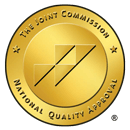







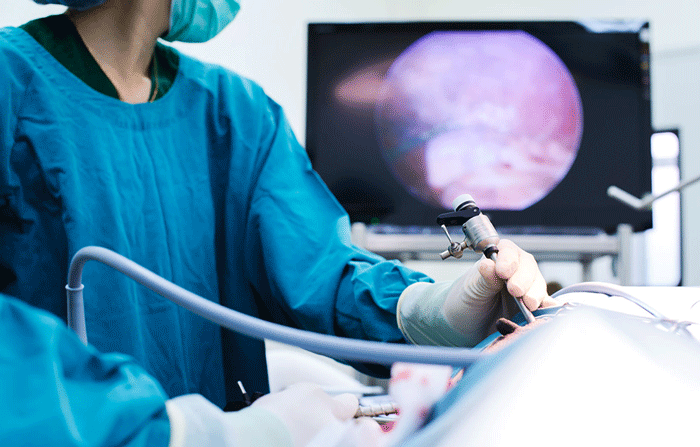
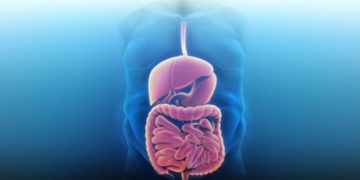
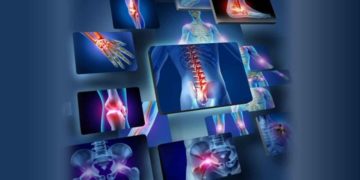
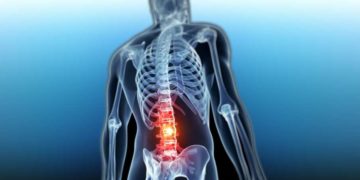
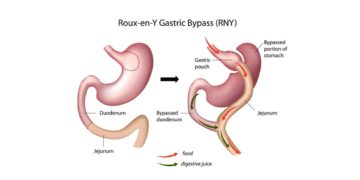





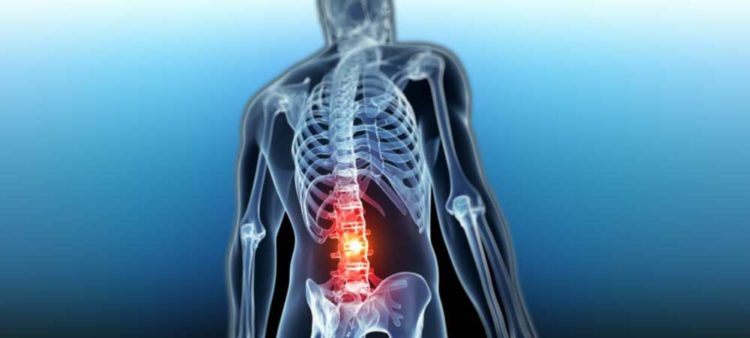
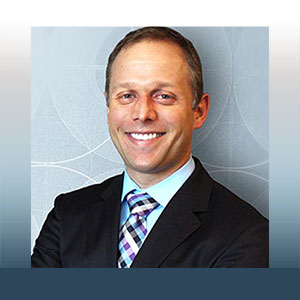
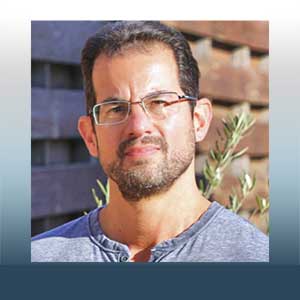
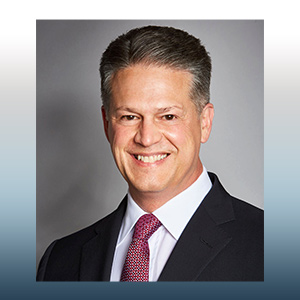


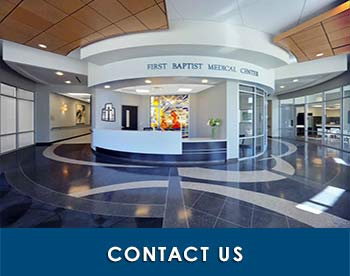

 Your Information will never be shared with any third party.
Your Information will never be shared with any third party.